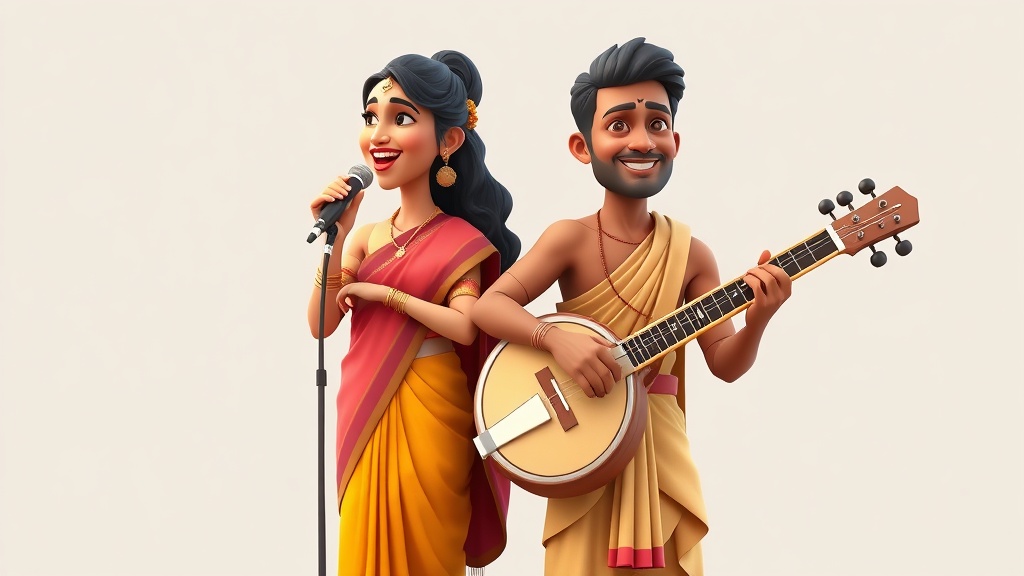Home / Arts and Entertainment / Divas Demystify Classical Music for First-Time Listeners Ahead of Saptak
Divas Demystify Classical Music for First-Time Listeners Ahead of Saptak
3 Nov
Summary
- Experts advise newcomers to approach classical music with an open mind
- Organizers urged to hold interactive sessions to make music more accessible
- Raga-based Bollywood songs can be a gateway for novice listeners

In the lead-up to the upcoming Saptak classical music conference in Ahmedabad, several renowned Indian vocalists are offering advice to help newcomers overcome their apprehensions and fully immerse themselves in the experience.
Shubha Mudgal, a prominent figure in the Hindustani music tradition, encourages first-time listeners to approach the music with an open mind, free of preconceptions about it being too esoteric or complex. She suggests that organizers could hold interactive sessions prior to concerts to make the art form more accessible. Mudgal also highlights the potential of using annotated recordings and guided listening experiences to help novices better understand the nuances of classical music.
Carnatic music luminaries Ranjani and Gayatri point to a practice common in Western classical music - the distribution of "concert notes" that provide audiences with background information on the compositions and performers. They believe such efforts can go a long way in familiarizing newcomers with the key elements of Indian classical music, such as the significance of ragas, tanam, and pallavi.
While some experts caution against relying too heavily on Bollywood songs as a gateway, Ranjani and Gayatri acknowledge that raga-based film compositions can serve as an effective starting point for novice listeners to begin their journey of discovering the rich classical traditions. They also propose the creation of dedicated museums that can offer immersive audio-visual experiences to engage the public with India's musical heritage.
Viraj Amar, a notable figure from the Banaras Gharana, emphasizes the importance of simply "flowing along with the sur" (notes) rather than getting bogged down by technical details. She believes the focus should be on the emotive storytelling aspect of classical music, rather than on the underlying grammar and theory.



